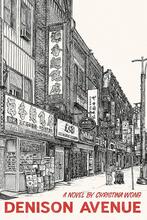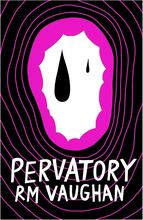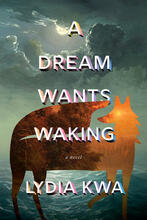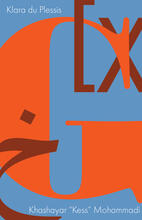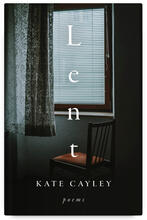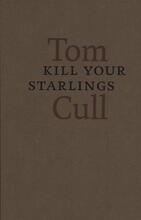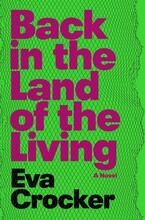Anna Ling Kaye Reviews Denison Avenue by Christina Wong and Daniel Innes
Simple Power: Representation and Resilience in Denison Avenue
Denison Avenue, Christina Wong and Daniel Innes. ECW Press, 2023.
“Lay mang mang, ah See Heeei,” Mrs. Wong’s voice rang out. (Take your time.)
